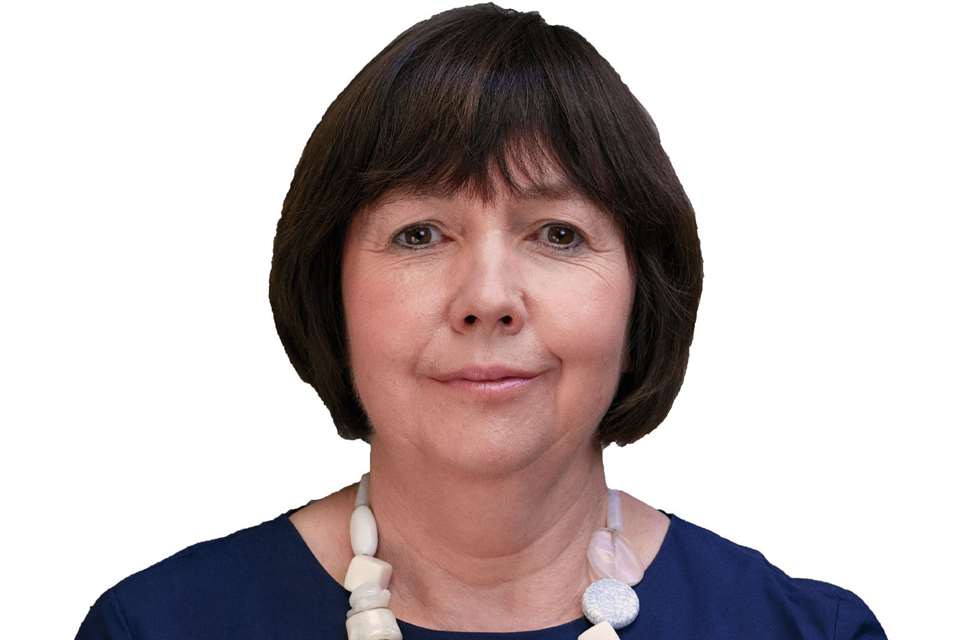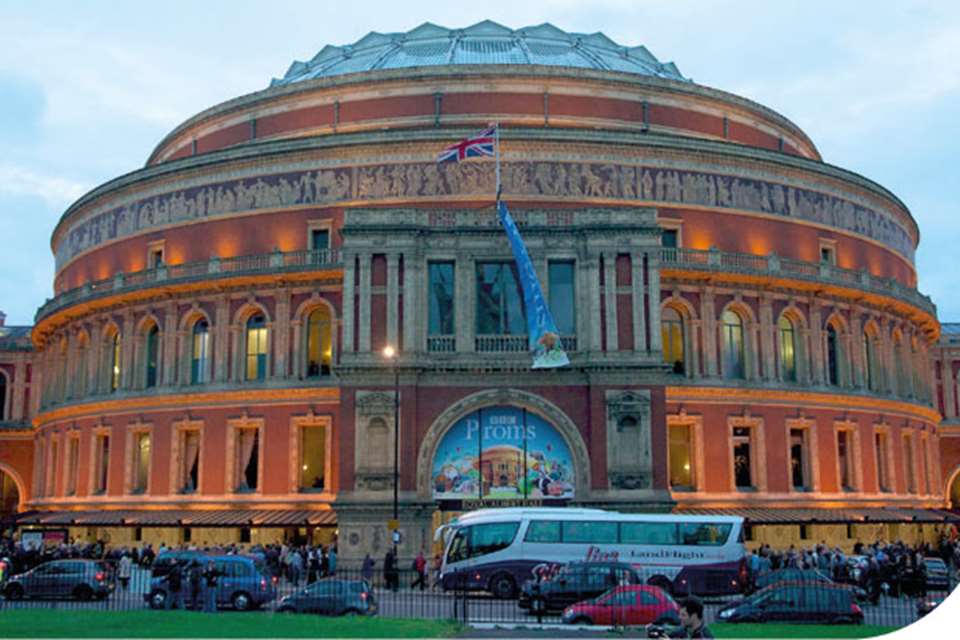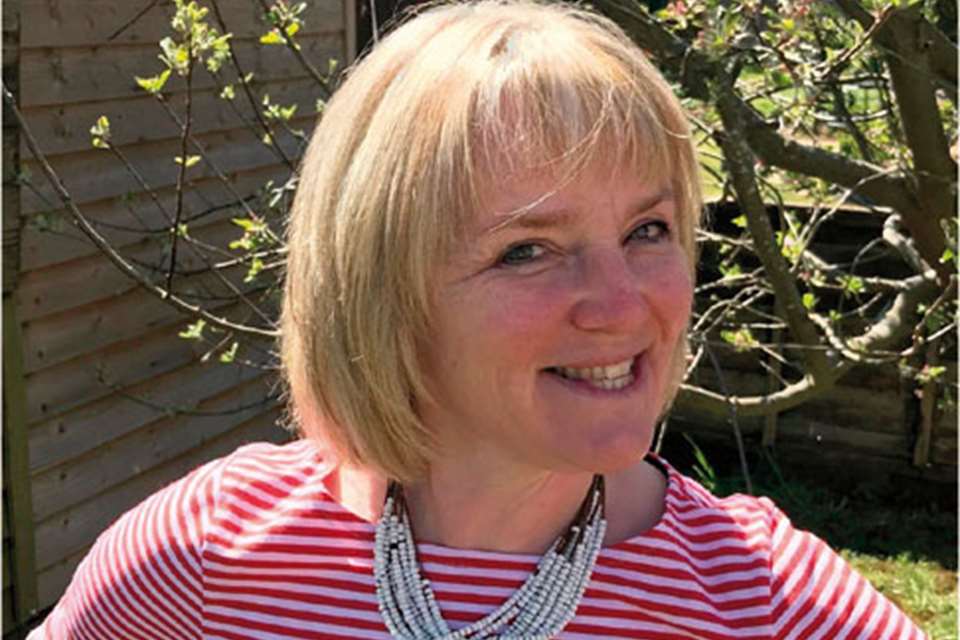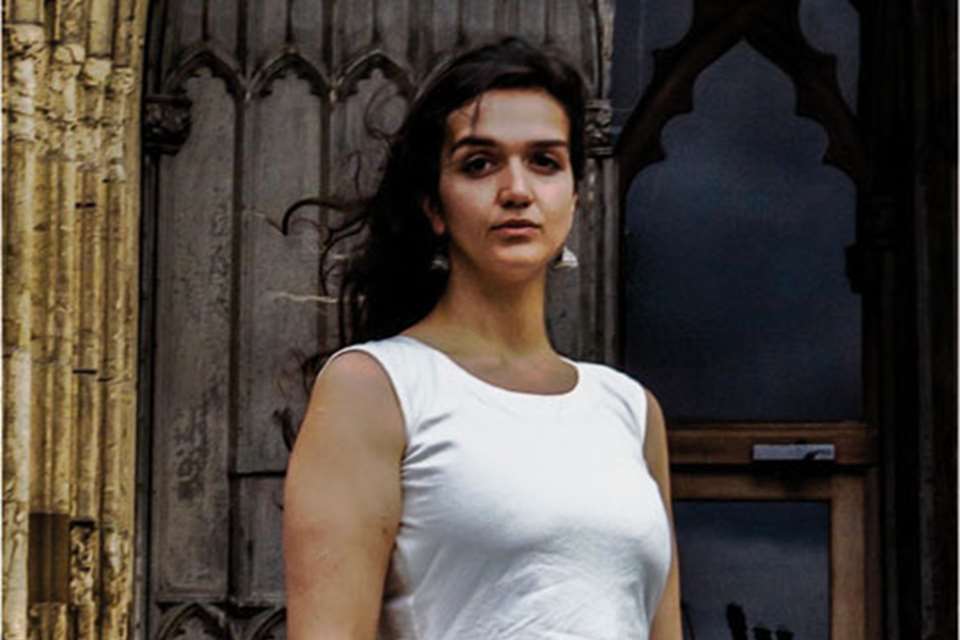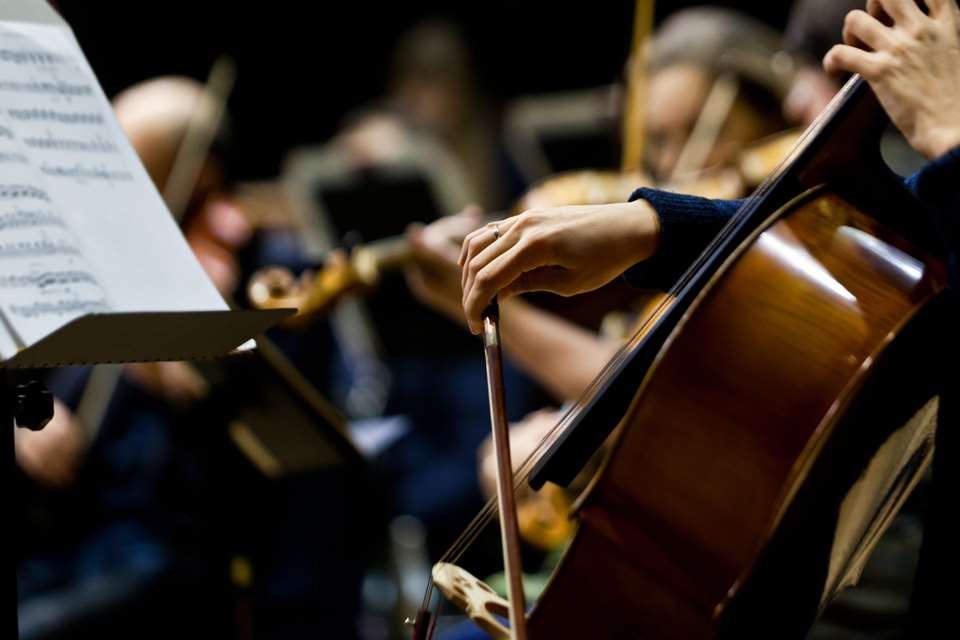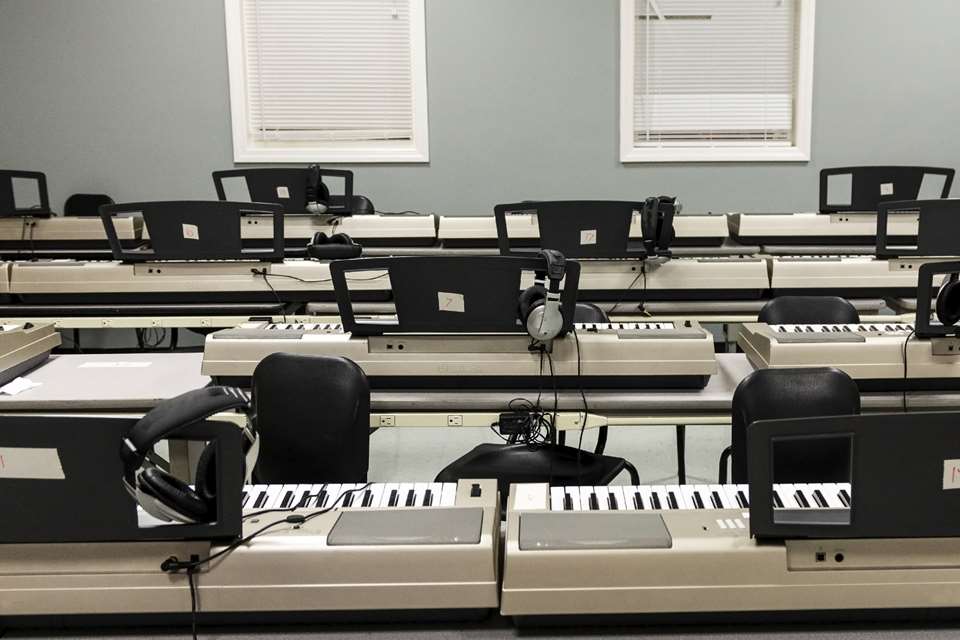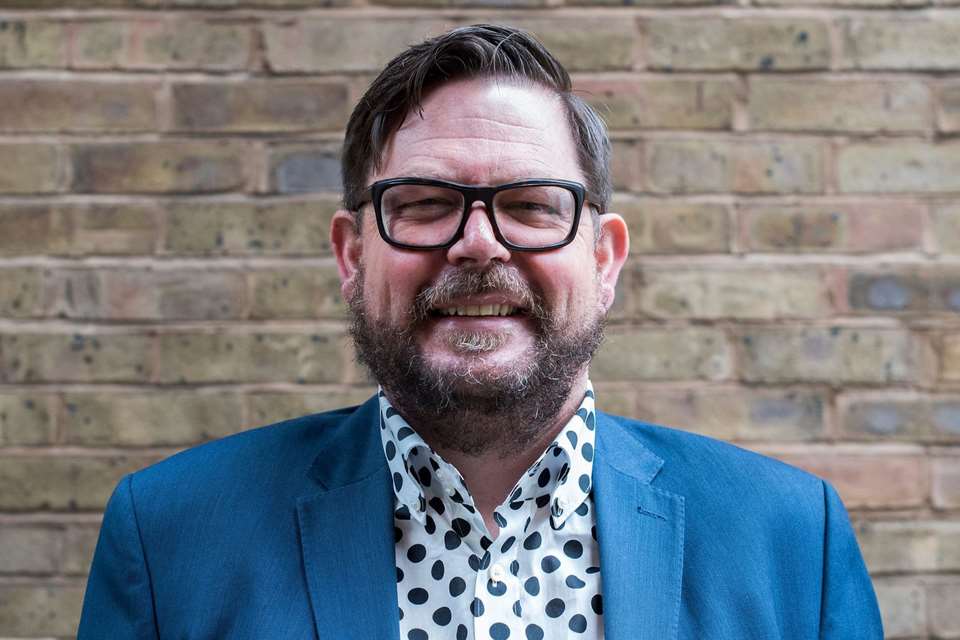Opinion: 'The real barriers lie in an outdated education system'
Tom Donald
Wednesday, December 1, 2021
As heated discussion continues about the value of music exams and the future of music education, Tom Donald writes that a ‘broken’ system can be fixed if we believe that everything in music is teachable
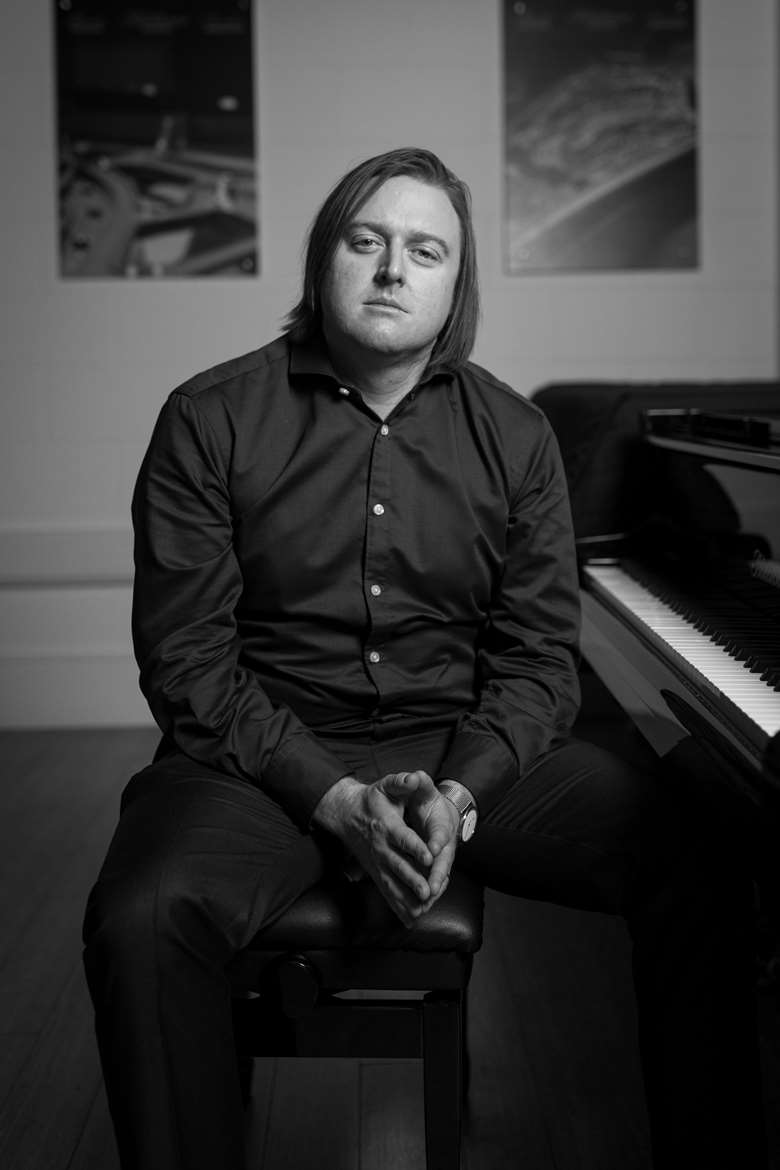
Francesco Marchetti
To kick things off, let's talk about exams. We begin with Grade 1, for which a student will learn three short pieces. For Grade 2, they will learn another three pieces. All too often, this process of playing three pieces a year and never forming any connection with music ends with the student stopping their instrument, much to everyone's dismay.
In most music exams, theory and repertoire are completely segregated: theory exams are written, and practical exams involve replicating manuscripts from a syllabus with a few choices for each grade which omit vast amounts of repertoire. This leads to a culture in which many teachers are unable to research and undertake new teaching styles. Worse still, many students are unable to retain anything they have learned because they only ever replicate notes for exams.
The music exam system is broken, yet we hold it with such high regard. Grade 8 is almost seen as a middle-class status symbol, while a functional, more interconnected musical training is absent. The music industry bears no resemblance to this. Success across all genres is achieved by a rare breed of artist who is able to go their own way. British musician Jacob Collier often talks about how lucky he feels he was just to have the time and space to explore. The way Elton John scribbles his chords above Bernie Taupin's lyrics to create memorable songs is a revelation of musical creativity – this could be studied, and the modular, open-ended ways that Collier explores harmony is something we can bring to the table for all of our students.
We hold superstars in high esteem, believing that what they do is an unteachable dark art. It might be easy to get caught up with this thinking when seeing a spectacular Collier YouTube production, but becoming a superstar is not the end goal for every student. I believe that deep musical exploration should not be for the exceptional few, but that it can be normalised across the whole education system. This is one of the main reasons why I founded the London Contemporary School of Piano a decade ago.
The same applies to classical music. From Bach to Chopin, it's well documented how prominent improvisation was; Mozart would improvise his concerto cadenzas and if he were to show up at a piano competition today, his ‘interpretation’ of his own works would be so experimental that he would not make it to the second round. Likewise, Chopin wouldn't win his own piano competition. Whether it's composing pop songs at the piano or learning to improvise on Chopin, the real barriers to true musical fulfilment lie in an outdated education system.
The solutions come down to how music is taught and learned. This is not a question of how proficient a teacher is in every genre of music – no one can specialise in everything, and that's not the answer. Every specific musical skill is measurable, teachable, and can be communicated in an endless variety of forms. Be it improvisation, composition, or jamming on a 17th-century keyboard work or Ed Sheeran song. The problem I still see is that music education still lives in this ‘this is not teachable’ dogma, which manifests into a secular religion of ‘some people have it’ and ‘some people don't’.
When I sit down at my piano, on a bad day I have to remind myself that so many battles have been won for me before I was born – a tuning system that allows endless combinations of key changes, an innovative keyboard design, and much more. The pentatonic scale may be the most commonly used scale of all time. If you've never touched a piano before, it's reachable within an instant (all of the black keys). Add just an A natural, and then you have an Eb blues scale. We complicate so many charming features of a wonderful design that has evolved for the practical benefit of the end-user. This is far more advanced than the latest iPhone could ever dream of being.
If you are an educator, I ask of you one thing. If we all assume that everything in music is teachable and learnable, what would that change in our education system? The endless combinations are far too exciting and tantalising, allowing a teacher and student to nurture a real love for the instrument while they are in a space in which they can explore the many horizons of music.


